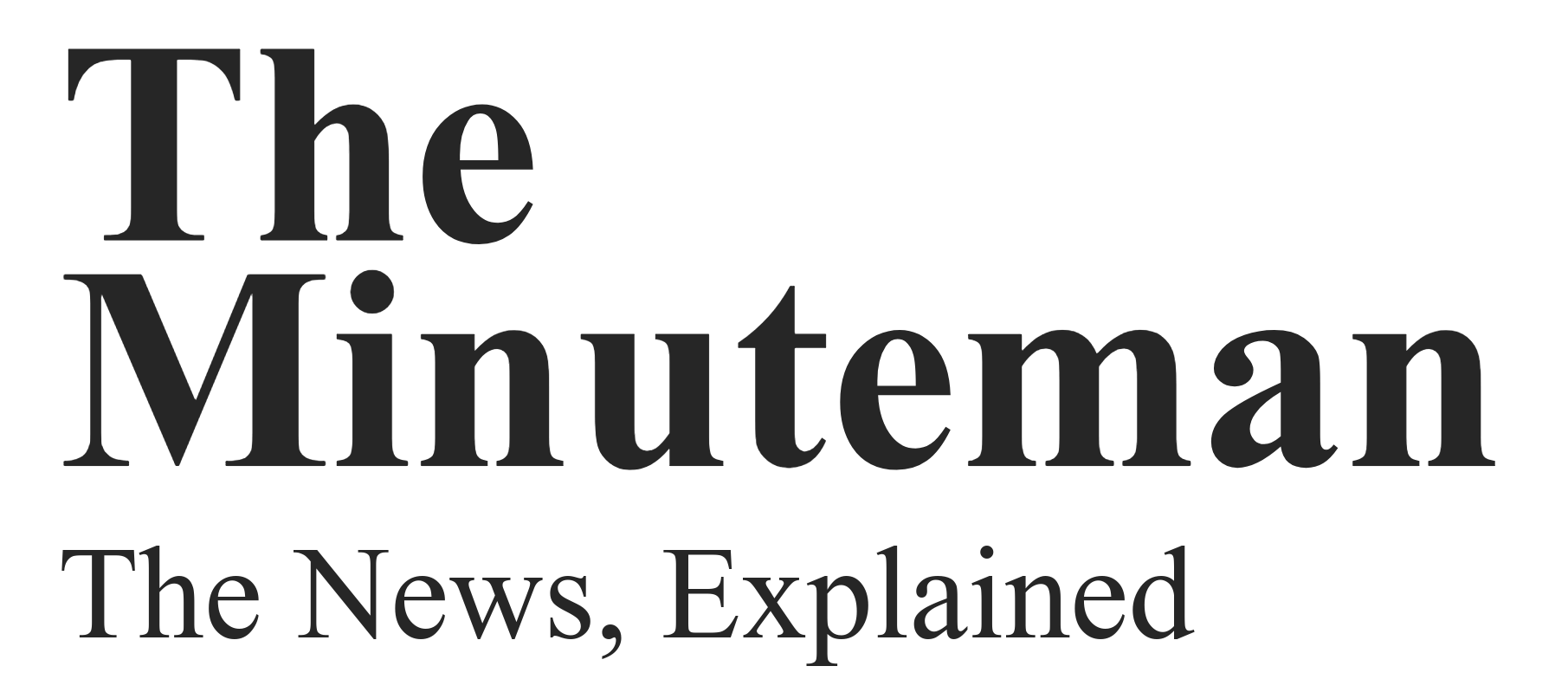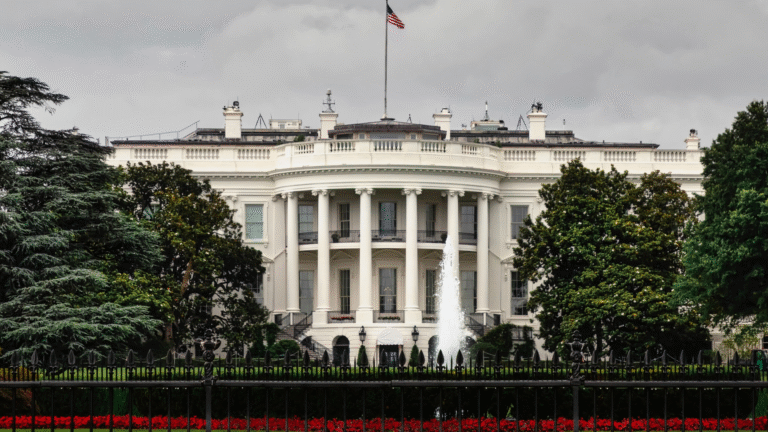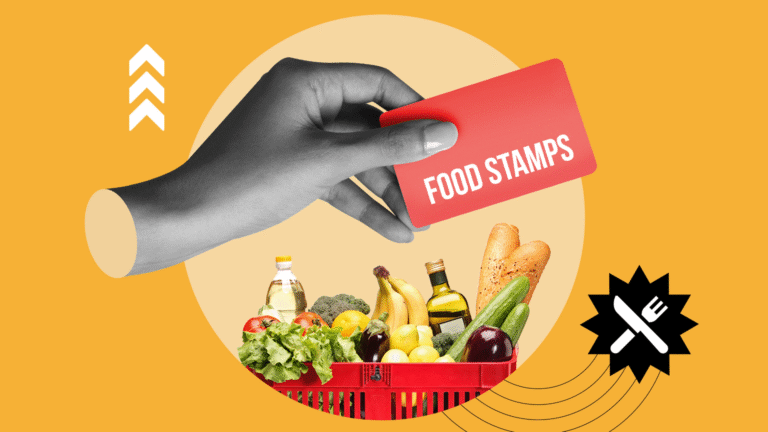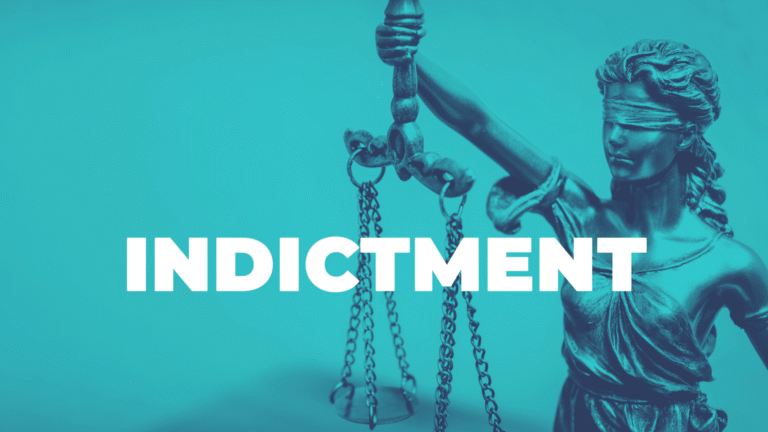Define
Define the terms.
Understanding the news starts with understanding the language used to describe it.
Our Definitions page serves as a living glossary of key terms, phrases, and concepts that often appear in discussions about government, law, policy, and current events.
Each definition is short, straightforward, and written for clarity — no jargon, no bias. By breaking down complex language into plain English, we help readers grasp not just what’s being said, but what it means.
Because true understanding begins with defining the words that shape our world.







